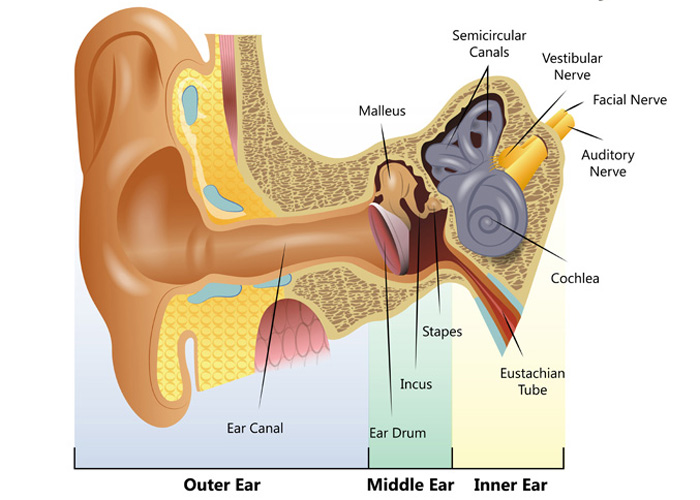It deals with all the aspects of the human body. It talks about what comprises the human body and what makes it work.
Our bodies are made up of several systems working interactively. These systems keep the body functioning well so that we may go about our normal lives every single day. We have the nervous, respiratory, digestive, cardiovascular, immune, circulatory, reproductive, excretory, and endocrine system. Each system has its own specialized assignment to do inside us that contribute to our overall well-being.
If one system goes wrong the whole human body is affected. It is therefore important to keep our bodies healthy all the time, so that our systems will be working efficiently for us all the time. This can be done if we have the right knowledge about the human systems. This is the main reason why we have to study biology in our science courses. Let us discuss some of the important human systems.
The Respiratory System is responsible for our breathing. It has two zones namely the upper respiratory tract and the lower respiratory tract. These zones help us inhale and exhale freely. The organs involved in our respiratory systems are the nostrils, nasal cavity, pharynx, larynx, trachea, thoracic cavity, bronchi, and alveoli. The air flows through these organs in a certain proper order.
The normal breathing rate is 10 to 18 breaths on a per minute basis. When a man does extreme activities like running, the per minute breaths reaches up to 35.
The Digestive system is assigned in making sure the nutrients from the food we eat are well distributed to the different parts of our bodies. The man eats food which is then broken down through the process digestion. Digestion takes out the minerals that the body needs from the food. The minerals are then distributed to the different parts of the body where that are needed. The organs that are responsible for the digestive system of the body are mouth and salivary glands, esophagus, stomach, small intestine and large Intestine.
The mouth takes in food to the salivary gland. The saliva from the salivary gland helps break down the food and it will be swallowed. The esophagus will transport the food to the stomach. The food in the stomach is mixed with digestive juices. After that it will be transported to the small intestine. The food in the small intestine will mix with the other enzymes that are in the body. This will be the organ that will absorb the nutrients that are needed by the body. The nutrients that are needed by the body will be transported to the large system and it will be disposed as an excess.
The next important system in the body is the cardiovascular system. The organs involve here are the heart, arteries, veins and capillaries. The heart pumps the blood so it will travel all over the body through the arteries, veins, and capillaries. The blood is the one that transports oxygen, carbon dioxide, nutrients and wastes to our body. If the heart does not work well, the nutrients needed by the body will not reach its destinations. The body malfunctions and this leads to heart ailments.
Knowing how these systems work will help us how to take care of our bodies the right way. Learn what nutrients these systems need and eat foods rich in nutrients and vitamins.
For more information on Endocrine System and Two Zone Of Respiratory System [http://www.human-biology.net/two-zone-respiratory-system.html] please visit our website.

